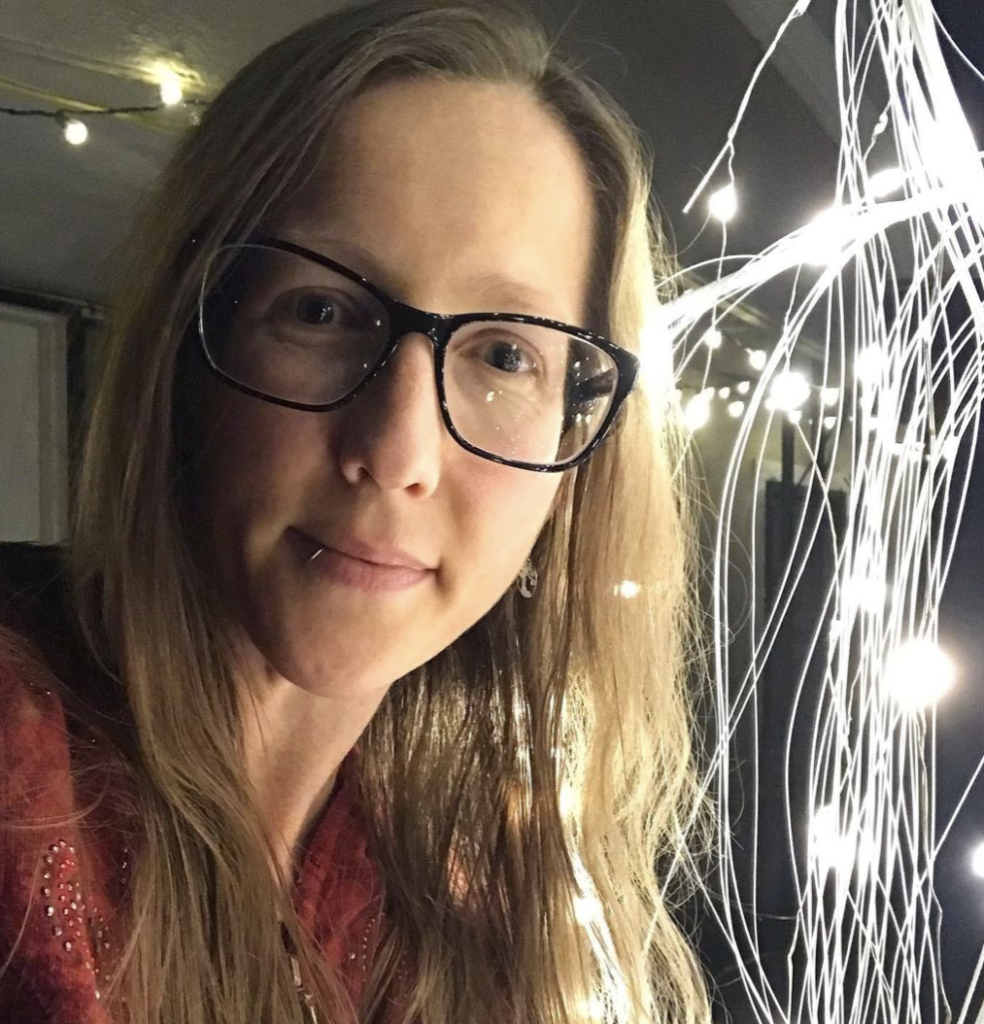One of my big interests is psychology. I have my Associate’s of Science degree in Psychology, courtesy of all the classes I had taken already before changing my major for the umpteenth time. If you look at my nonfiction reading choices, many of them revolve around positive psychology books and studies. I enjoy anything that leads to self reflection and discovery.
Two interesting books I’ve read this year involve personality frameworks. While I love taking any kind of quiz, I put more stock in the psychology ones than some of the Harry Potter ones on Buzzfeed. I look at the psychology ones as a chance to know myself and understand my thoughts and behavior better.
Reading People: How Seeing the World through the Lens of Personality Changes Everything by Anne Bogel

Earlier this year I read Anne Bogel’s Reading People: How Seeing the World through the Lens of Personality Changes Everything and it was amazing! I’m a big fan of her Modern Mrs Darcy blog and her podcast, What Should I Read Next. Reading People introduces the reader to seven popular personality frameworks. In the chapters, Bogel explains each one giving personal examples of how having that insight has helped in people’s lives. She also points the reader in the right direction for further resources. I especially thought she did a wonderful job breaking down the Myers-Briggs types and discussing what each letter actually suggests about your unconscious behaviors. I want to read further about the enneagram to better understand that framework and where I fall.
Online Quizzes
Here are a few quick free online quizzes to discover where you fall for some of the frameworks discussed in Reading People. Obviously the better able you are to answer honestly (how you truly are/feel vs how you wish you were) the more accurate and helpful the results.
Introvert, Extrovert, and Ambivert
This quick 10 question test on Susan Cain’s Quiet Revolution can help you figure out how you recharge and what drains your energy.
This checklist from Elaine N. Aron’s The Highly Sensitive Person will help you identify if you are an HSP.
This quiz suggests which of Gary Chapman’s five love languages is yours. You can also take one for your child to help identify their love language.
This test finds your Myers Briggs Personality Type out of 16 possible types. For best results try not to answer neutral. I also found it helpful to refer back to Bogel’s explanation of each letter how that correlates to our unconscious or subconscious behaviors to see if my type accurately described me
The Four Tendencies: The Indispensable Personality Profiles That Reveal How to Make Your Life Better (and Other People’s Lives Better, Too) by Gretchen Rubin

The second book I read about personality framework was Gretchen Rubin’s The Four Tendencies. Rubin is one of my favorite nonfiction authors. I first read her work with The Happiness Project and something in her approach/perspective really resonated with me. I’ve read her book on happiness, habits, and now tendencies. I’m also a fan of her podcast Happier, which exposed me to the idea of the Four Tendencies before she wrote this book.
Rubin breaks the population down into four categories or tendencies: Upholders, Questioners, Obligers, and Rebels. Your tendency has to do with how you meet inner or outer expectations. Upholders meet both inner and outer expectations fairly easily. Questioners only meet inner, but will meet outer if it makes sense to them thereby validating it as an inner expectation. Obligers struggle to meet inner expectation but readily meet outer ones. They need outer accountability to meet their own expectations. Rebels do not meet inner or outer expectations. The world is mostly made up of Obligers and Questioners with Upholders and Rebels, the more “extreme” tendencies holding smaller percentages of the population.
Rubin developed this quiz to help people identify their tendency. By knowing which one you fall into you can see how you respond to expectations. Having this knowledge can lead to better strategies for changing your habits and getting behaviors or experiences that you want out of life.
Further Books I Plan to Read
Creative You: Using Your Personality Type to Thrive by David B. Goldstein and Otto Kroeger
Was That Really Me? How Everyday Stress Brings Out Our Hidden Personality by Naomi Quenk
Mindset: The New Psychology of Success by Carol Dweck
What are your thoughts on personality frameworks? Have you discovered your type or category within any of these systems? Tell me in the comments below.

